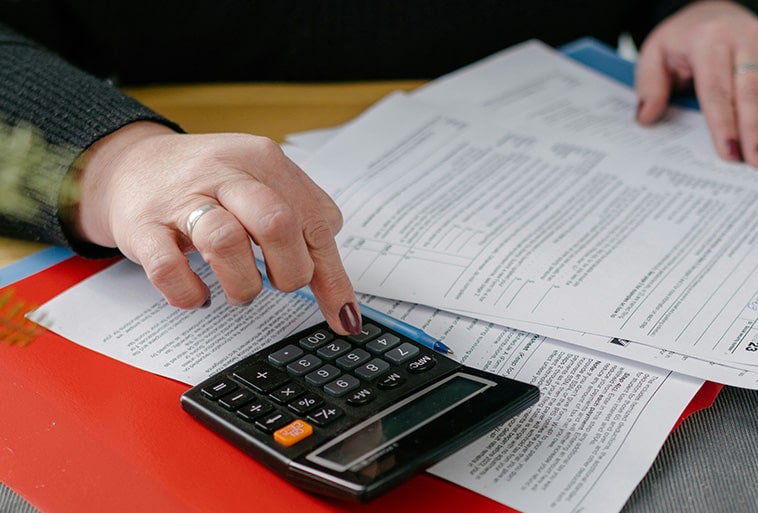Self-assessment tax is the amount of money an individual has to pay to HMRC. It is calculated based on the assessment of their income, deductions, and tax liabilities for a particular financial year. Unlike taxes deducted at source or advance taxes paid periodically, self-assessment tax is paid at the end of the financial year if there is any tax due after accounting for all other payments and deductions. It ensures that individuals fulfil their complete tax obligations before filing their income tax return, thereby avoiding interest and penalties for underpayment of taxes.
A payment on account relates to the advanced payments which can be made towards a self-assessment tax bill. However, calculating the payments can cause confusion so here is our guide in how to understand this better.
When submitting annual accounts, the HMRC will provide an estimate on how much tax is owed based on a previous year’s tax bill. The estimated fee can then be paid in 2 separate payments split over a 12-month period. The reason HMRC has set up this solution is so that a taxpayer can stay on top of their payment obligations whilst also being able to budget sensibly. The payment dates set by HMRC are 31st January and 31st July.
If we put this into an actual scenario based on earnings of £30,000, the following will apply (please note these are all estimated, accurate figures can be arranged by our accounting specialists):
Total Income Tax = £3,486
Total National Insurance Contributions = £616.80
Combined Total of Tax & NIC = £4,102.80
The payment on account will take this total and split it in half so the first payment of £2,051.40 will need to be paid on 31st January and then second payment of £2,051.40 will need to be paid on 31st July
Once the figures are known, making payment is relatively simple. You can login to your self-assessment account (https://www.gov.uk/pay-self-assessment-tax-bill) and follow the instructions. You can also take the paperwork and visit your local bank. Finally, you can arrange a BACS payment or send a cheque but make sure you allow at least 3 days for these methods as any late payments can incur penalty fees.
As with all self-employed businesses, earnings can vary year on year. It is recommended that HMRC is kept up to date with changes so that they can adjust individual figures to avoid overpaying tax and reducing payments on account. Of course, if overpayments are made then an individual can login to their HMRC account and request to reduce their payments on account.
Finally, it is always recommended to submit a self-assessment as soon as possible. The process can be complicated so seeking help from professionals is always recommended.
Should you have any questions or need some help with self-assessment then our team can offer both help and support. Please call us on 01173 700 079 or e-mail hello@steppingstonesaccountancy.co.uk.
You can also book a free 20-minute call with Yarka – https://calendly.com/yarka-ssa/20min

